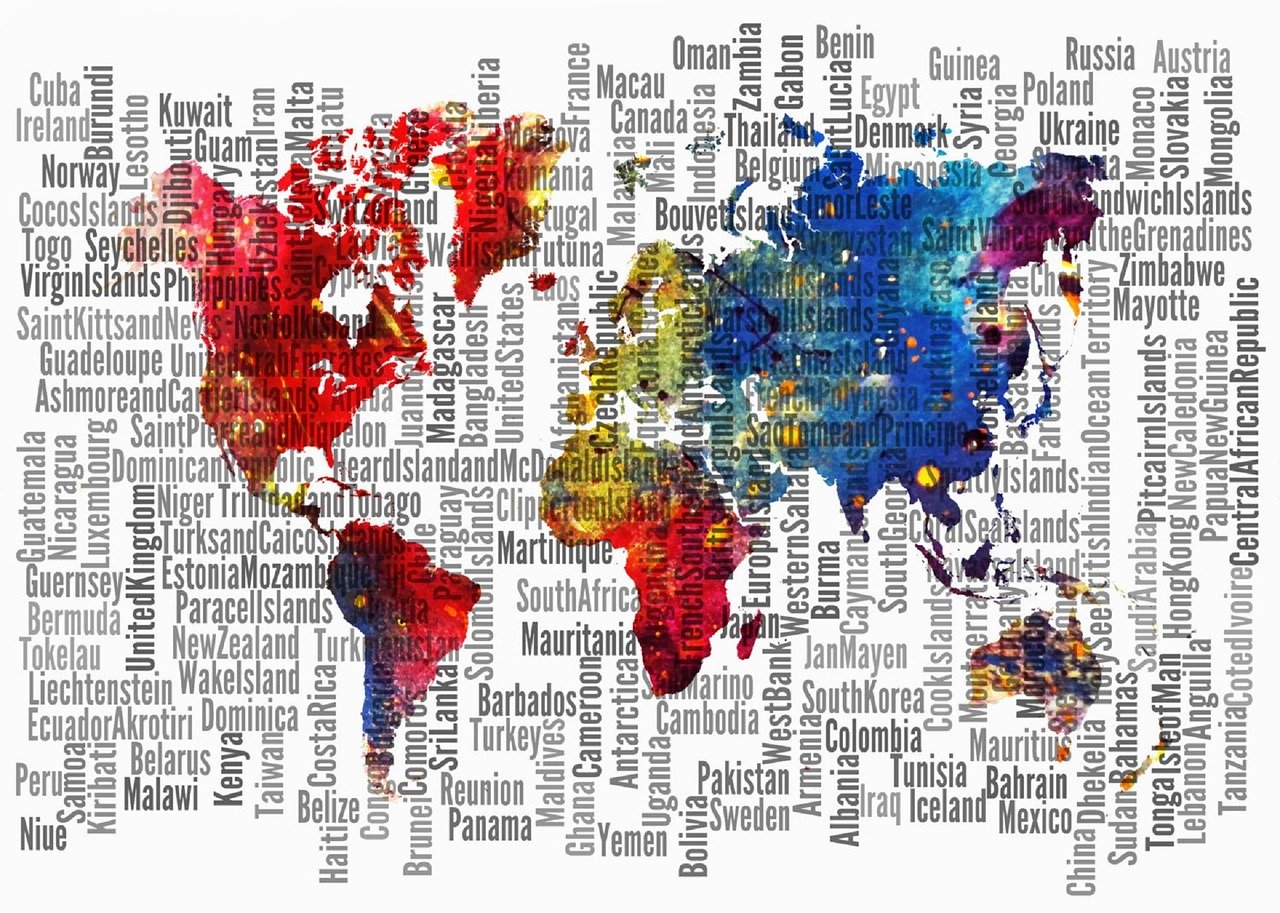
One of the outcomes of the 2017 World Humanities Conference, organized by CIPSH and UNESCO, was the recognition of a need for a deeper understanding of the humanities in all world regions. Based on this recommendation, CIPSH decided to undertake a World Humanities Report. Since we last communicated with you about the possibility of this report, we have developed a new infrastructure and intend to formally launch the project in early 2019.
The Consortium of Humanities Centers and Institutes (CHCI), a member of the CIPSH, will undertake the coordination of the World Humanities Report in collaboration with other CIPSH member societies and UNESCO. The World Humanities Report will be organized by a central editorial team led by Sara Guyer, President of the Consortium of Humanities Centers and Institutes and Director of the Center for the Humanities at the University of Wisconsin-Madison.
The World Humanities Report, designed to produce new knowledge about the state of the humanities and recommendations for the future, will include a website, database, printed and digital publication of the report, media campaign, public events in multiple locations, and podcasts. The report will be an intellectually autonomous document that will serve as the basis for recommendations from CIPSH and UNESCO. A CIPSH-UNESCO document will follow the recommendations of the World Humanities Conference of 2017 and build from the report’s recommendations.
The report will aim to establish areas of value from within the humanities and show how the humanities define areas of urgency and attention. From within this context, the report will demonstrate the effect of supporting the humanities. At the same time, the report aims to establish a deeper understanding of where and how the humanities are threatened. This includes the dismissal of value and underfunding of teaching and research, as well as more fundamental risks to intellectual freedom, critical discourse, diversity, and imagination. The report will identify a set of enduring values, establish recommendations for their preservation and amplification, and register how these values can be drawn out across regions and countries where the humanities are organized differently.
For more information, visit https://worldhumanitiesreport.org.
